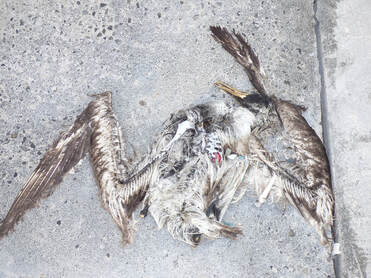
This semester I am teaching The Evolution of Jazz, and we're using Gioia's The History of Jazz as a text book. This is the first time I have finished reading this book (I used a different text last time I taught, but wasn't happy with that book), and on page 370 he brings in a word I hadn't previously come across (or if I did, I didn't recognize it): disintermediation. He defines disintermediation as "the removal of key participants in an economic process because they no longer add sufficient value to justify their roles." He talks about how, because of technology, disintermediation has transformed the way jazz is performed and listened to. As I read this section, I think disintermediation, however awkward a word, is embedded in capitalism itself, and is a major reason for the ecological crises.
In the 19th Century, the rural English Luddites roamed the countryside breaking into cotton and woolen mills destroying new equipment. Ultimately their movement was unsuccessful. People had a natural distaste for this. But, imagine what it must have been like for generations of tailors and other craftspeople who had lived a certain way of life, and all of a sudden factories made the production of clothing so cheap that nobody was able to make money doing it anymore. These were among the earliest victims of capitalism (though of course, the mills they were fighting against were the end result of a system that also kidnapped people from Africa and put their families in slavery for profit). Today, still, many people have found their jobs ended by technological advancement. Disintermediation is the norm. If it takes 20 people to do something today, tomorrow a capitalist will figure out how to do it with 10, and 10 people will have to find other work. Even though we produce too much. Even though plastics are killing the oceans and ourselves. (image).
Is there a way for us in education to teach against this deadly ethic of disintermediation? Can we teach for a new, slower production? One with less waste? One that doesn't waste people? Or plastics? I recently wrote an article in TOPICS, "Waste in Popular Music Education," in which I challenge the waste metaphor in rock music, as well as the waste we create in music education. "What a horrible thing it is for music educators to teach children that they need to produce more waste!" It's time we teach for the wasteless good life--a eudemonia relevant in the 21st Century.
DJS
 RSS Feed
RSS Feed
